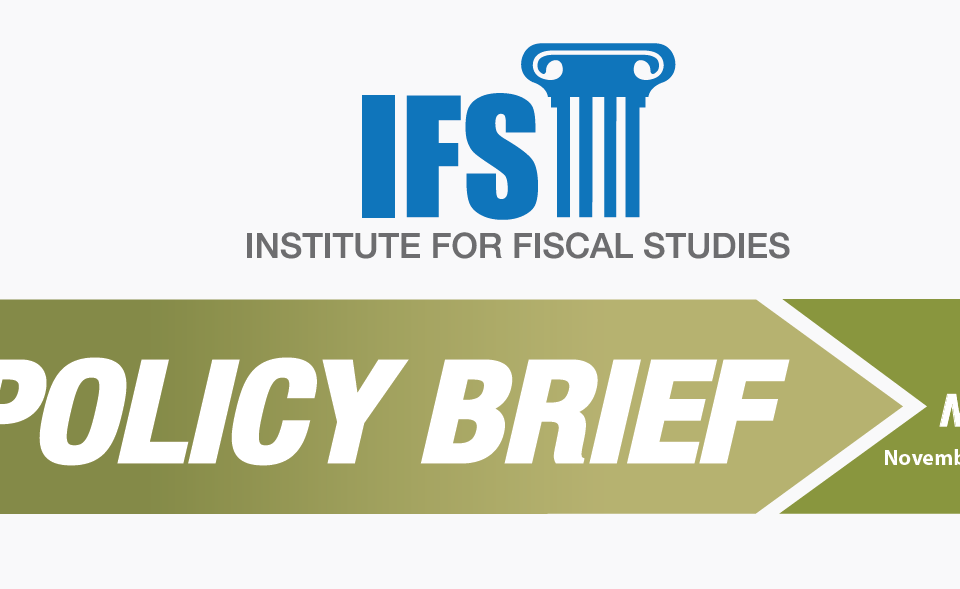[vc_row][vc_column]
March 3, 2023
The 2023 budget statement delivered to Parliament by the Finance Minister, Ken Ofori-Atta, on 24th November, 2022 came against the backdrop of a raging macroeconomic crisis, which continues to inflict significant economic pain on the citizenry. It was thus expected that the budget would outline strong policy measures and targets that respond appropriately and adequately to the crisis. This assessment examines the extent to which the budget fulfils this need. It also examines the country’s current debt restructuring program, the Debt Exchange Program, and provides recommendations as to how best the government can reshape its policies to achieve better fiscal […]
Do you like it?
August 18, 2022
Finance Minister Ken Ofori-Atta presented the mid-year review of the 2022 budget statement to Parliament on Monday, July 25, 2022. As expected, the review contained revisions to the 2022 macroeconomic forecasts, in light of economic developments since the 2022 budget was announced in November last year. More importantly, it revised the 2022 fiscal projections to take account of budgetary outcomes in the first half of the year, aimed at putting Ghana on a fiscal consolidation path, as a means of addressing the rising macroeconomic instability the country is currently witnessing. Having registered large fiscal deficits in the past decade, which […]
Do you like it?
January 26, 2022
Ghana has been facing a very difficult fiscal situation for quite some time. Since 2012, the country has run large fiscal deficits, which have led to rapid debt build-up. The ratio of public debt to GDP, which stood at 29.1% in 2011, climbed swiftly to 55.6% in 2016. This led to a sharp increase in interest expenditure from 13.2% of total revenue and grants in 2011 to 35.8% in 2016.
Do you like it?
January 5, 2022
Ghana has been facing a very difficult fiscal situation for quite some time. Since 2012, the country has run large fiscal deficits, which have led to rapid debt build-up. The ratio of public debt to GDP, which stood at less than 29.1% in 2011, climbed swiftly to 55.6% in 2016. This led to a sharp increase in interest expenditure from 13.2% of total revenue and grants in 2011 to 35.8% in 2016.In 2017–2019, the officially declared budget deficit fell to an average of 4.4% of GDP from an average of 6.5% of GDP in 2013–2016. However, in addition to the […]
Do you like it?
August 23, 2021
The government of Ghana has long sought to mobilize adequate revenue through a series of tax and non-tax policy and administration reforms, particularly starting from 1983. Yet, studies have found that, measured as a share of GDP, Ghana’s public sector revenue has performed very poorly relative to most other countries in the developing world. The government often cites three main factors as being the main causes of the problem. These are: (1) the large informal sector, which has proven difficult to tax; (2) weak real property taxation; and (3) the country’s generous tax exemption system. However, credible estimates of untapped […]
Do you like it?
August 23, 2021
The government of Ghana has implemented extensive tax and non-tax policy and administration reforms over the years. Starting from 1983, these reforms have largely been carried out under the auspices of the IMF and the World Bank. However, using a sample of 35 countries in the developing world, we find in this paper that, relative to GDP, Ghana’s total public sector revenue has performed very poorly, compared with those of its peers, confirming findings of other studies. The government of Ghana has often blamed the country’s poor revenue performance on the difficulty in taxing the large informal sector, the generous […]
Do you like it?

